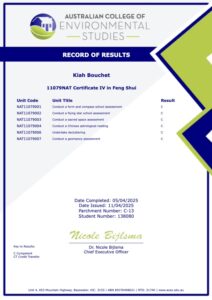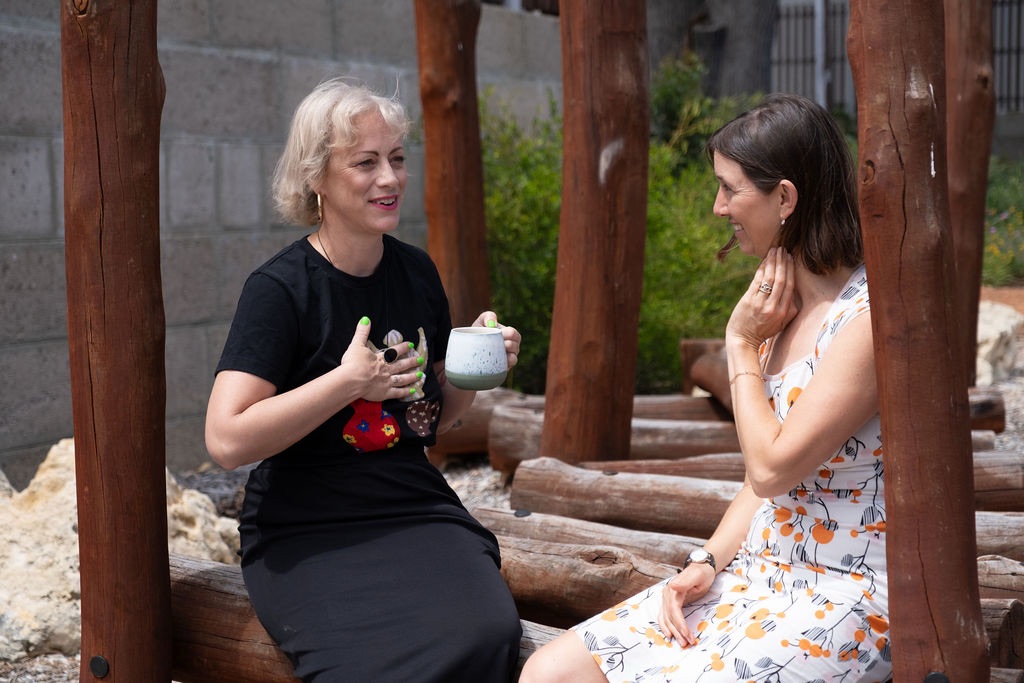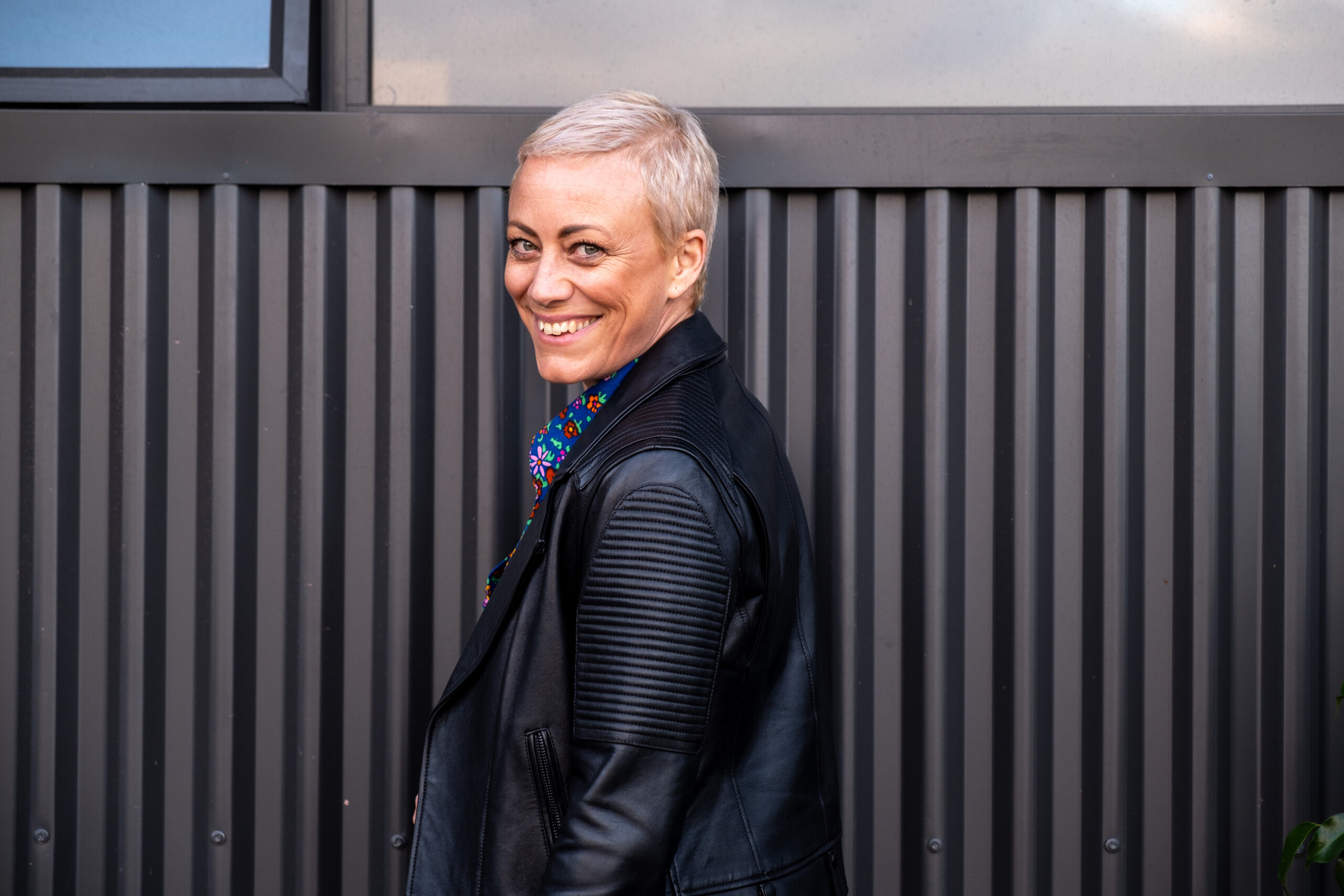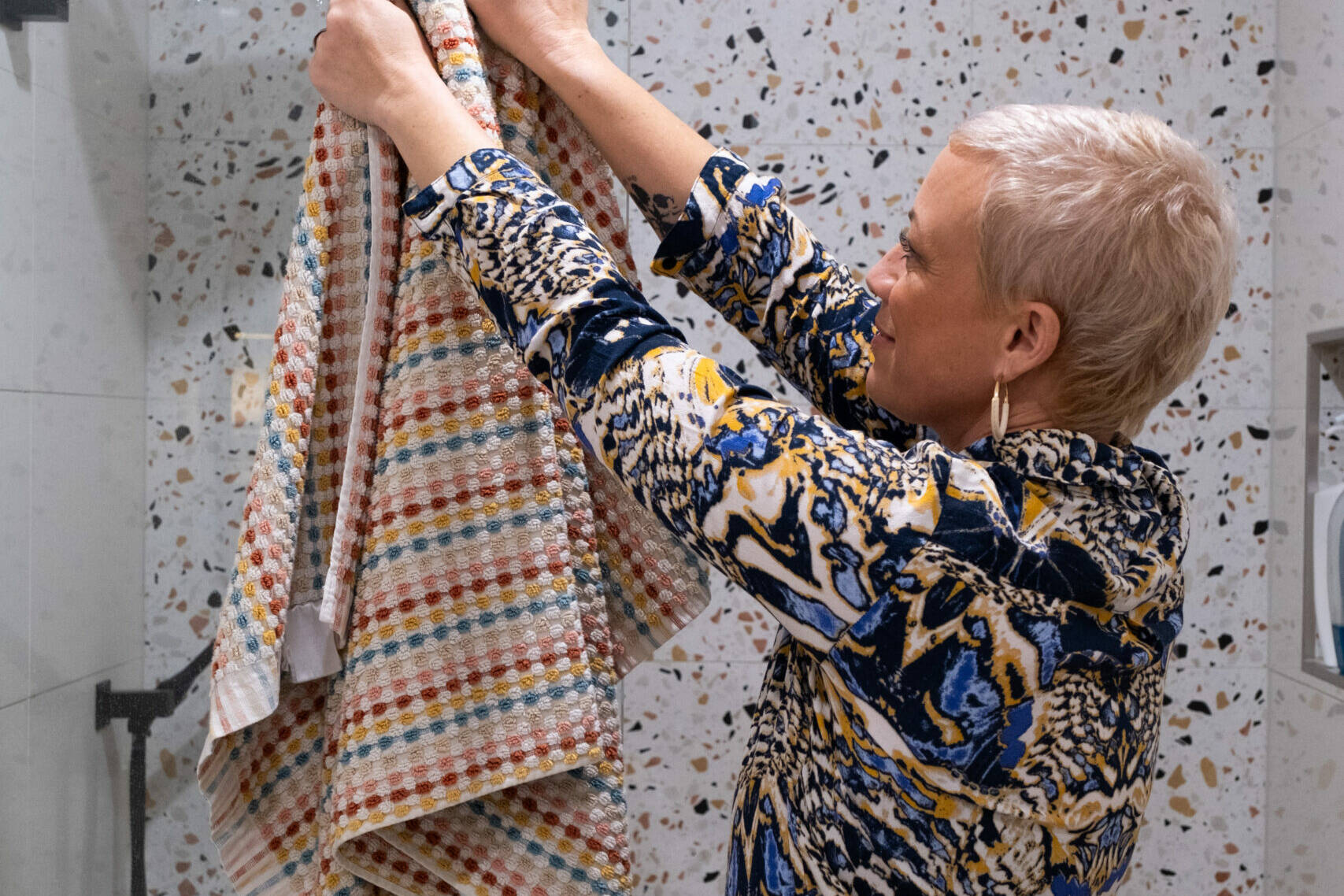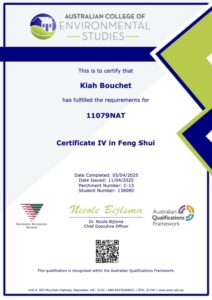
What It Takes to Become an Accredited Feng Shui Consultant?
Feng Shui has been practiced for thousands of years as a way to bring balance and harmony between people and their environment. Today there is more and more people turning to Feng Shui consultants for guidance on how to create spaces that support their health, wealth, relationships, and overall wellbeing. But what does it actually take to become an accredited Feng Shui consultant.
The journey involves more than just an interest in rearranging furniture or learning a few tips online. Professional practice requires study, training, and accreditation to ensure consultants are equipped with both traditional knowledge and practical skills.
Step 1: Understanding the Foundations of Feng Shui.
The first step is diving deep into the philosophies that underpin Feng Shui.
This includes: The Five Elements Theory (Wood, Fire, Earth, Metal, Water)
Yin and Yang balance
The Bagua Map — a tool used to map areas of a home or building to life aspects such as wealth, career, and family.
Qi (Chi) flow — the movement of energy through spaces.
Form School and Compass School Feng Shui — different approaches that analyse landforms, directions, and energy flows.
Most courses will begin by covering these foundations so students can build a strong theoretical base.
Step 2: Studying With ACES or Another Recognised School.
In Australia, one of the most respected pathways is studying with the Australian College of Environmental Studies (ACES). ACES offers nationally accredited training in Feng Shui, and their programs are recognised by professional organisations such as the Association of Feng Shui Consultants (AFSC).
At ACES, students can study a Certificate IV or Diploma in Feng Shui, which covers:
Classical Feng Shui systems such as Flying Stars and Eight Mansions
The impact of landforms and environments
Qi flow, energy balancing, and remedies
Case studies and client consultations
Professional practice and ethics
What makes ACES stand out is that it’s a government-accredited course. This means that it not only equips you with an in-depth traditional knowledge but also provides recognised qualifications that can help you build a legitimate career in Feng Shui.
Of course, there are also international schools and organisations such as the International Feng Shui Guild (IFSG) and the Feng Shui Research Center, but ACES is an excellent choice if you’re based in Australia.
Step 3: Accreditation and Professional Membership.
After completing a recognised course (such as with ACES), the next step is to apply for professional accreditation. This means joining a professional body such as AFSC or IFSG. Accreditation shows clients that you:
Have completed certified training.
Adhere to a professional code of ethics.
Are committed to ongoing learning and development.
Are recognised as a legitimate practitioner within the Feng Shui community.
Step 4: Gaining Practical Experience.
While theory is essential, becoming a confident consultant also means hands-on practice. This often involves:
Completing case studies during your studies (required at ACES).
Offering consultations to friends or family while training.
Volunteering or assisting a senior consultant.
Building a portfolio of client reports.
These experiences help develop not just technical skill, but also intuition, communication, and professional confidence.
Step 5: Continuing Professional Development.
Feng Shui is a lifelong journey. Even accredited consultants continue to study advanced topics, attend workshops, and learn from masters. Many also expand into areas like:
Bazi (Four Pillars of Destiny) — Chinese astrology to personalise Feng Shui.
Space Clearing — cleansing stagnant energy from environments.
Environmental Psychology — how space impacts human behaviour.
Staying connected with professional organisations ensures you remain up-to-date and supported in your practice.
Why Accreditation Matters?
In a world where anyone can claim to be a Feng Shui expert, accreditation gives clients confidence. It shows that you’ve invested in serious study, that you respect the tradition of Feng Shui, and that you follow a code of ethics in your consulting practice.
Studying with a recognised school like ACES ensures you not only gain deep traditional knowledge but also a qualification that carries weight in the professional Feng Shui community. It’s a journey of dedication, but the reward is a deeply meaningful career helping people create homes and workplaces that truly support their lives.
